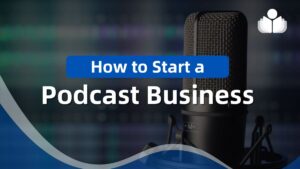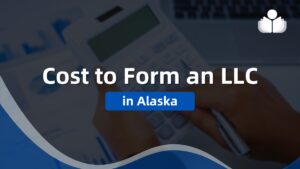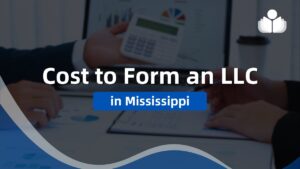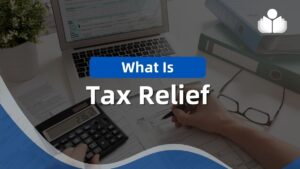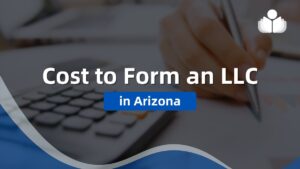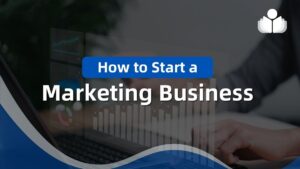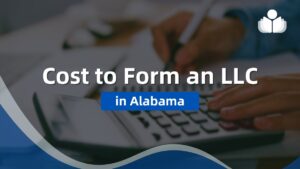- Primary Uses of the Library
- To Switch Between For-Profit and Nonprofit Information
- To Translate to Different Languages
- To Get Acquainted With the Library
- About Copyright Terms, Reprinting Materials and Citations
The Free Management Library can be freely used for your own personal, professional, and organizational development (including for-profit and nonprofit organizations). To learn more about the purpose, the information, some history, and the developer of the Library, see About the Free Management Library. Here are some tips to get the most out of using the Library.
Primary Uses of the Library
People use the Library, primarily for three purposes:
- To get to know it as a general-purpose resource they can use over time.
- To find a type of resource to solve a current problem, achieve a goal, or meet an interest.
- To learn how various topics can conventionally be categorized and integrated with each other.
To Switch Between For-Profit and Nonprofit Information
You might be from a for-profit or nonprofit organization that you want to improve. Each type has some unique terms used for concepts that actually are in common between both types of organizations. See Free Management Library Includes Materials for For-Profit and Nonprofit Organizations.
To Translate Different Languages
A translation utility is available in the upper left-hand corner of each page in the Library and near the upper left-hand corner in each blog. It translates into almost 60 languages, using the Translate link, which, in turn, uses the Google translator engine. As with any automated translator, there are often miss-translations. While not as accurate and reliable as a human translator, the automated utility does provide value to users of other languages.
To Get Acquainted With the Library
On the home page, notice:
- The six sections of information and the various categories of information in each.
- The self-assessments to the right in most of the sections, to help you identify which topics you might want to work on. Notice that some of the sections also include videos about the topics in that section.
On the left side of all pages, notice:
- Links to share feedback with us, a list of categories of recommended books and a list of the human guides, each associated with a major topic in the Library. Each guide is an expert in his or her topic, and also has a full-time job 🙂
- You can get updates from the Library by following its Twitter account and/or joining is Facebook fan
page.
On the right side of all pages, notice:
- You can easily get back to the home page with its major sections.
- There also is an extensive index of all of the topics in the Library.
- You can customize your own learning plan to learn a topic or skill in an orderly manner.
- You also might consider forming your own study group in which members can share support and accountabilities to implement their learning plan.
- Links to a variety of general resources, such as directories of blogs, free training programs, job banks, online groups, organizations that offer free help to organizations, major periodicals, and supersites with vast arrays of useful and free resources.
Now, go into a topic, for example, How to Self-Reflect and notice it:
- Lists the sections in that topic.
- Suggests Related Library Topics in regard to the general nature of self-reflection.
About Copyright Terms, Reprinting Materials and Citing Contents
We want to help you to use the resources in the Library, including to reprint articles where appropriate. Read Copyright and Reprint Terms to see how to reprint materials from the Library.
Regarding citing contents from the Library, for example, in an article or research paper that you are writing:
- Contact the author of the article that you want to cite from. The Library does not include contact information for each author.
- If the author is Carter McNamara, then it is very likely that the contents are regularly updated; thus, there is no specific publication date. However, if Carter’s article is a PDF document, then it likely mentioned a publication at the top of the PDF, that the PDF was excerpted from. In that case, the publications and their publication dates are listed at Our Publications.
 Sections of this topic
Sections of this topic



